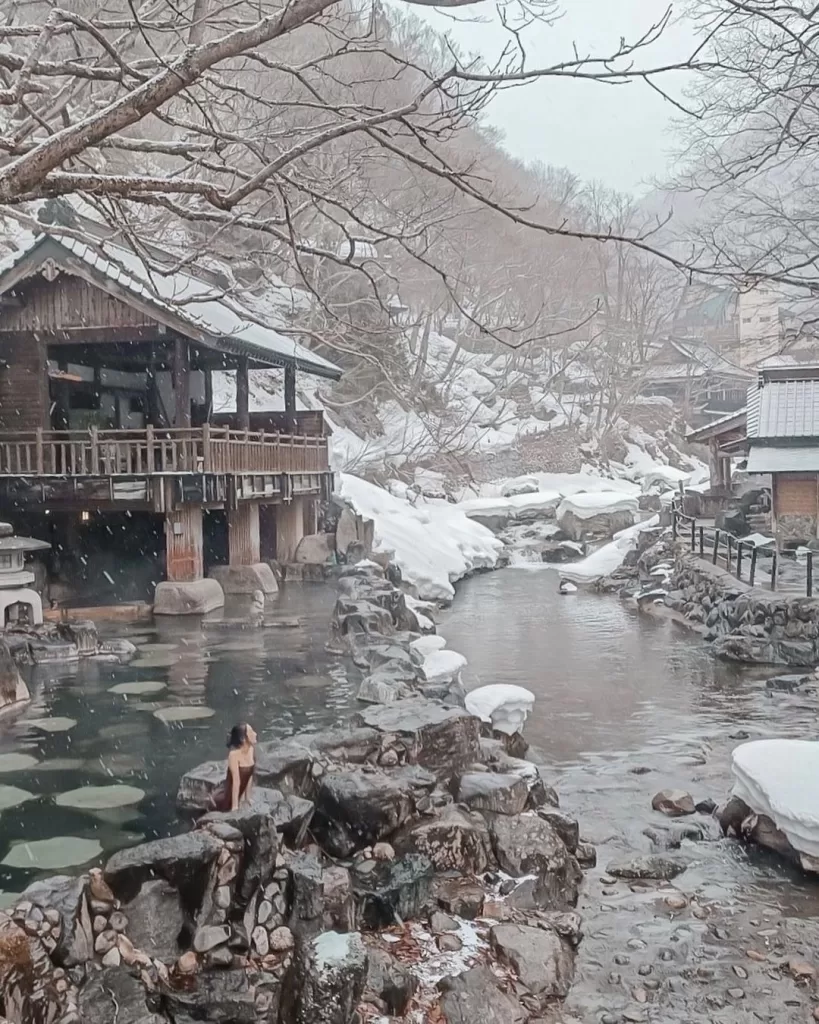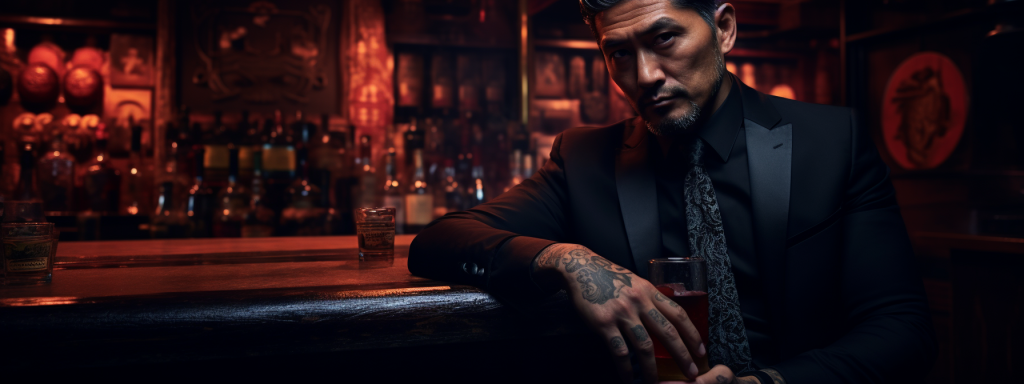Are Yakuza Allowed in Onsens? The Truth Unveiled
Onsens, the famous hot spring baths of Japan, are a beloved part of Japanese culture and a popular attraction for tourists. However, many onsens ban people with tattoos from using their facilities. The reason behind this is to prevent yakuza, Japanese gangsters, from entering. But what is the real truth behind this policy?

The Onsen Tattoo Ban
It’s common knowledge that many onsens in Japan prohibit customers with tattoos from bathing. This ban originally started to prevent members of the yakuza from entering onsens.

The yakuza are organized crime groups in Japan that are infamous for their elaborate full-body tattoos. As tattoos became strongly associated with the yakuza, onsens wanted to keep gangsters out to avoid frightening ordinary customers.

Over time, the tattoo ban was widely adopted by onsens across Japan. Today, it applies not just to yakuza, but to anyone with a tattoo, regardless of its size or meaning. The ban essentially functions as a blanket anti-yakuza policy.

Are Yakuza Actually Kept Out?
In practice, the onsen tattoo ban does not succeed at keeping all yakuza out. Some onsens allow small tattoos to be covered up with bandages. There are also private onsens that grant entry to tattooed guests, including yakuza.
However, the ban does seem to discourage most yakuza from entering ordinary public baths, where their tattoos would be clearly visible.

A redditor describes a personal experience witnessing a yakuza member in the center of an onsen the entire time, suggesting the man had covertly slipped in.
So while not completely effective, the ban does appear to limit yakuza presence in onsens to some degree. The Redditor’s story illustrates that outright defiance of the ban by yakuza is uncommon enough to be noteworthy when it occurs.
Impact on Foreign Tourists

While intended to target yakuza, the onsen tattoo ban often affects foreign tourists with tattoos unrelated to crime. Some accommodations will be made, such as covering up smaller tattoos. But in many cases, tourists are outright denied entry.
Some find this policy frustrating or prejudiced against people with tattoos. However, it arises from the long history linking tattoos with organized crime in Japan. Onsens ultimately enforce the ban to create a welcoming environment for all guests.
As tattoos become more common globally, views may gradually shift. But for now, Japan’s prevailing social norms mean the tattoo ban is unlikely to disappear from most public onsens anytime soon.
The onsen tattoo ban aims to keep out yakuza, but also impacts ordinary tattooed tourists. While not completely effective, it does restrict yakuza presence despite some defiance. Overall, the ban reveals the complex interplay between culture, crime, and public bathing in Japan.